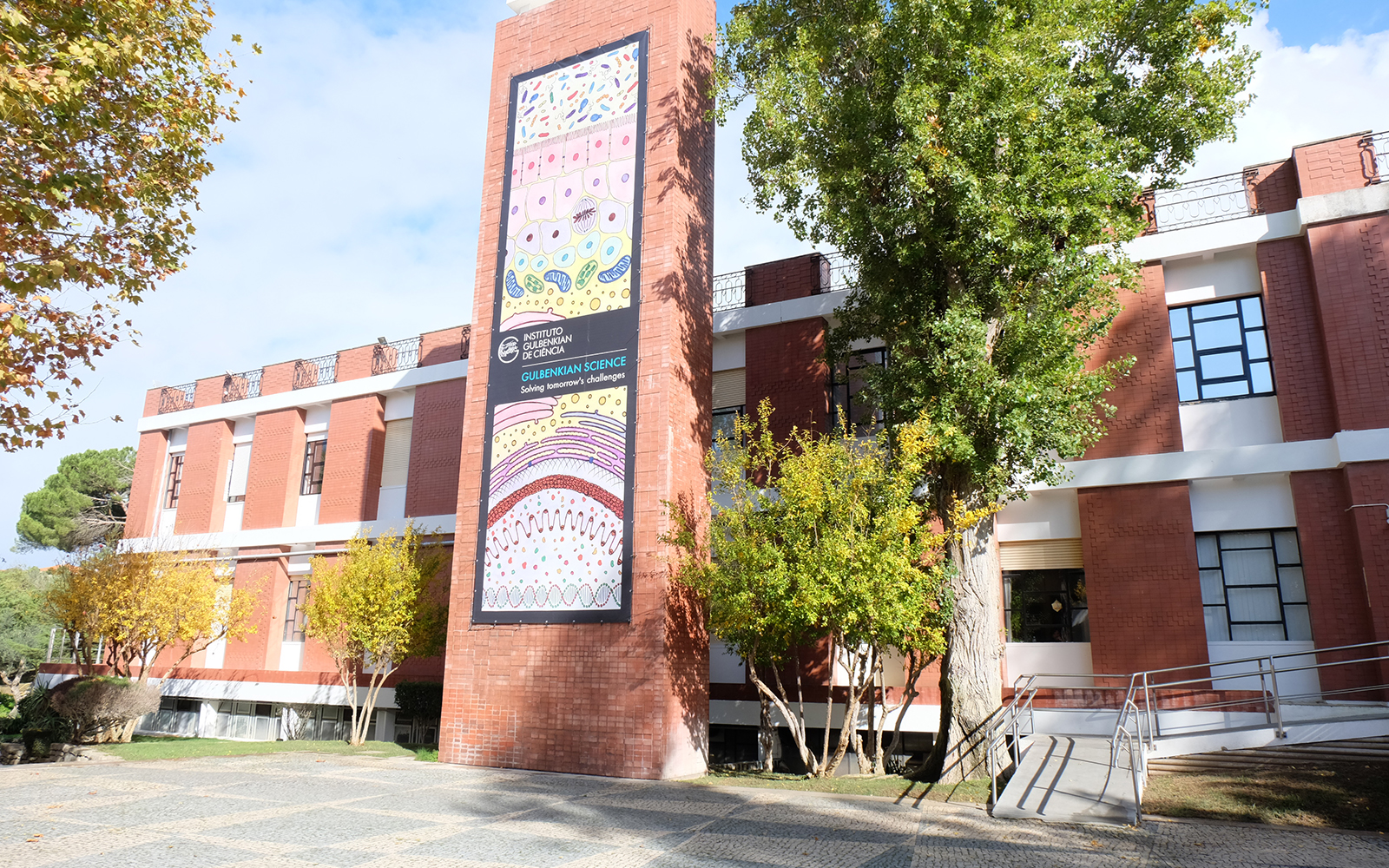Macrophage function in the regenerating heart
Slider de Eventos
Data
- / Cancelado / Esgotado
Local
Sala virtualNo IGC decorrem semanalmente diversos seminários, uma iniciativa que pretende reunir todos os investigadores em torno dos temas em debate.
As sessões, com investigadores internos ou convidados, contribuem para estimular a cultura aberta e extremamente colaborativa própria do IGC.
Pode consultar o resumo deste seminário em inglês.
The damage caused by myocardial infarction (MI) leads to a permanent loss of cardiac tissue in adult mammals. Following MI, large numbers of monocyte-derived macrophages are recruited to the injured heart. Macrophages are integral to both repair by scar formation and tissue regeneration; however, the local environmental cues and cell-cell interactions that control distinct macrophage functions across the damaged heart are largely unknown. I will describe recent findings where we reveal that macrophages directly contribute collagen to the forming post-injury scar. Unbiased transcriptomics shows an upregulation of collagens in both zebrafish and mouse macrophages following heart injury. Adoptive transfer of macrophages, from either collagen-tagged zebrafish or adult mouse GFPtpz-collagen donors, enhances scar formation via cell autonomous production of collagen. In zebrafish, the majority of tagged collagen localises proximal to the injury, within the overlying epicardial region, suggesting a possible distinction between macrophage-deposited collagen and that predominantly laid-down by myofibroblasts. Our findings contrast with the current model of scarring, whereby collagen deposition is exclusively attributed to myofibroblasts, and implicate macrophages as direct contributors to fibrosis during heart repair. A comprehensive understanding of the regenerative microenvironment in which the innate immune response persists but is permissible for regeneration, alongside targeting of macrophage-induced pro-fibrotic pathways, may ultimately contribute to the development of therapeutic strategies aimed at harnessing pro-regenerative responses within the injured mammalian heart.
